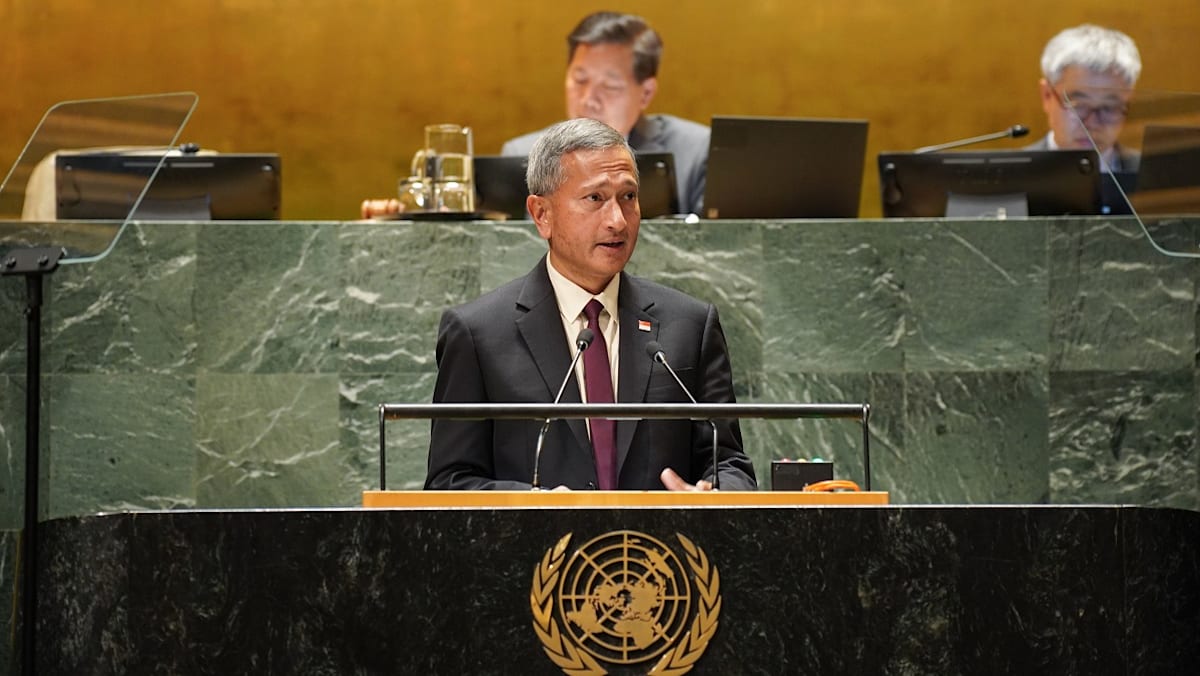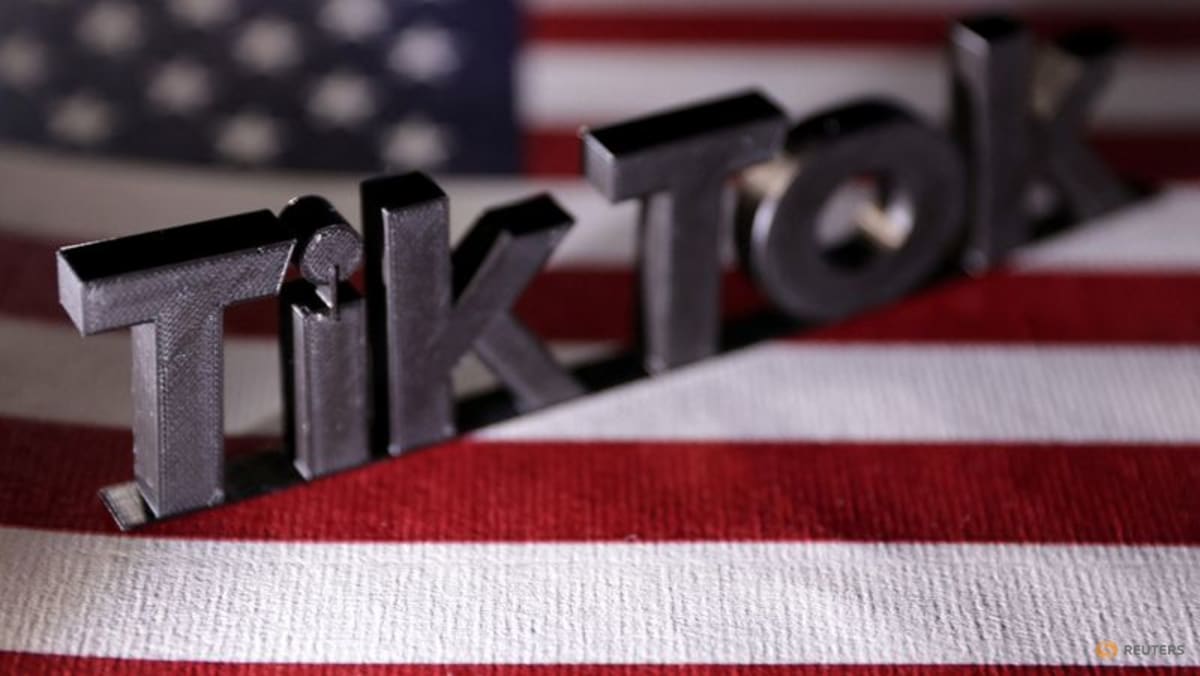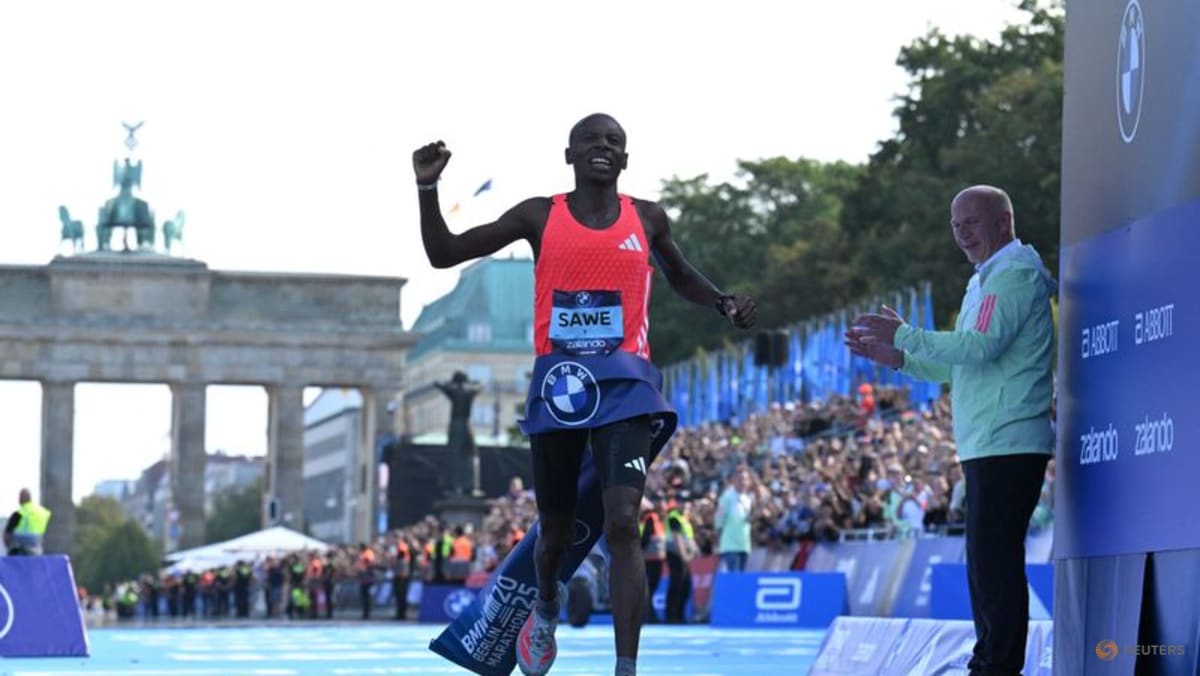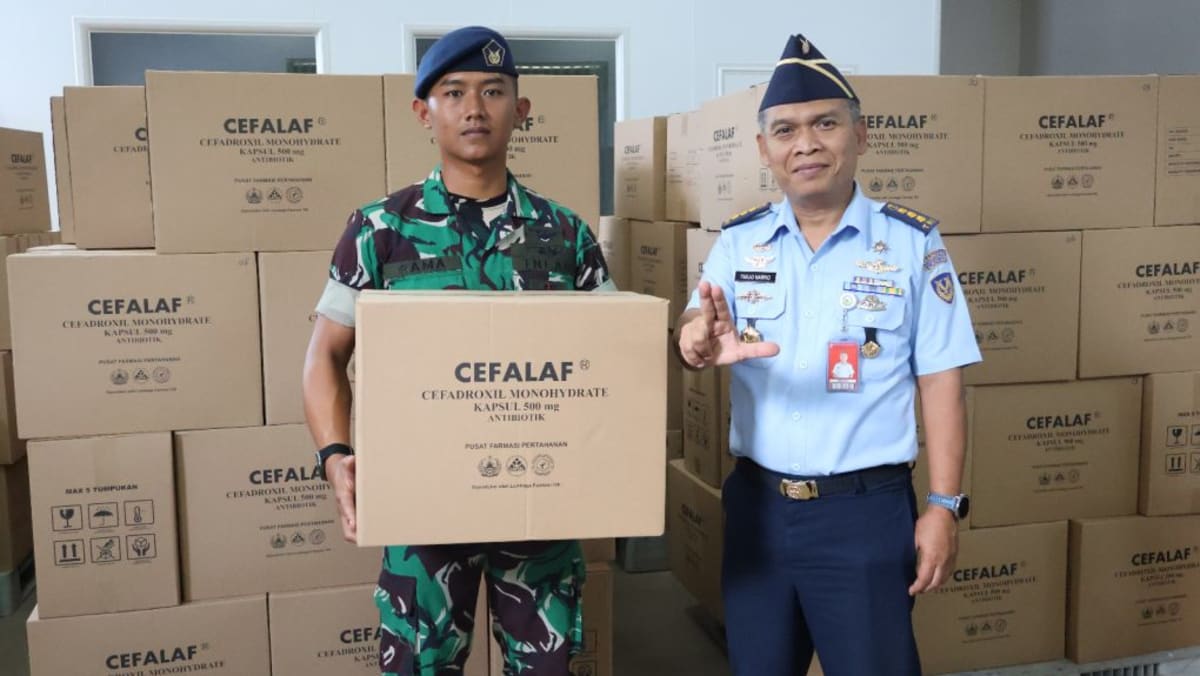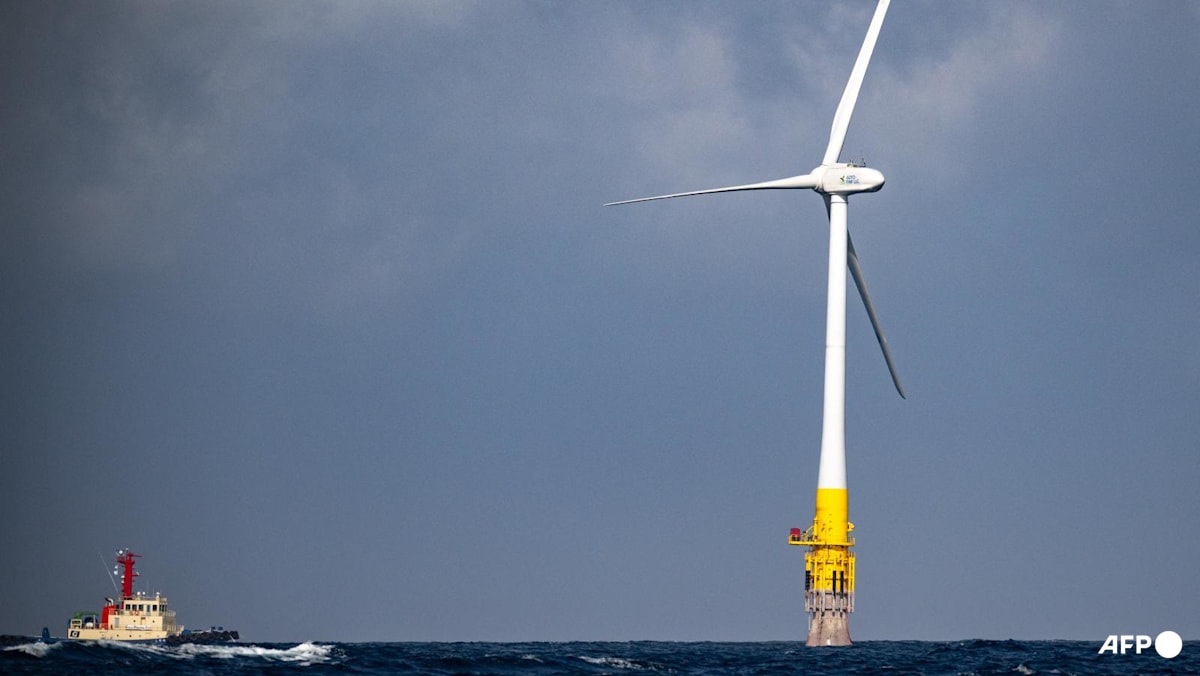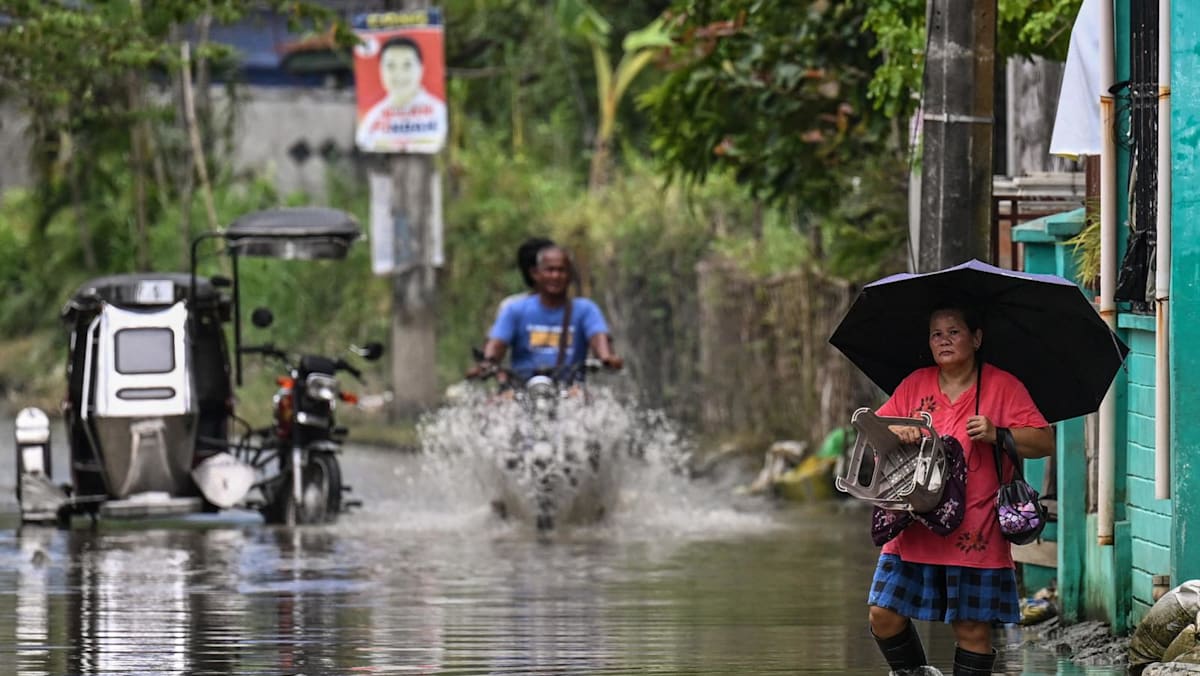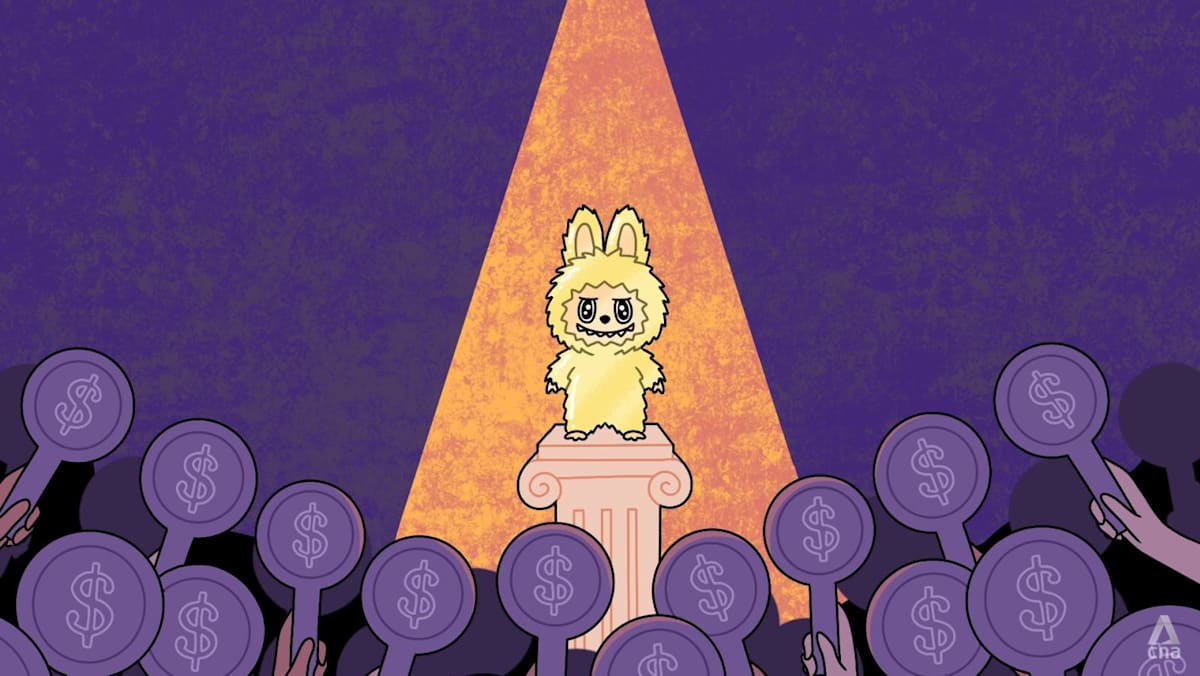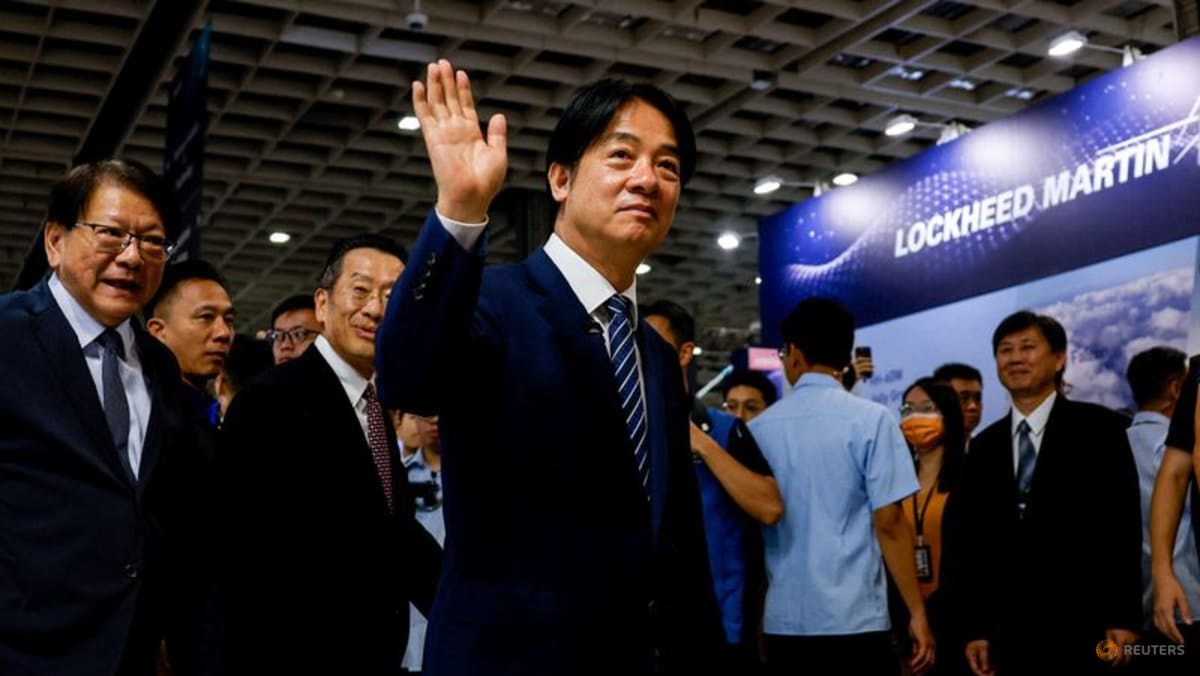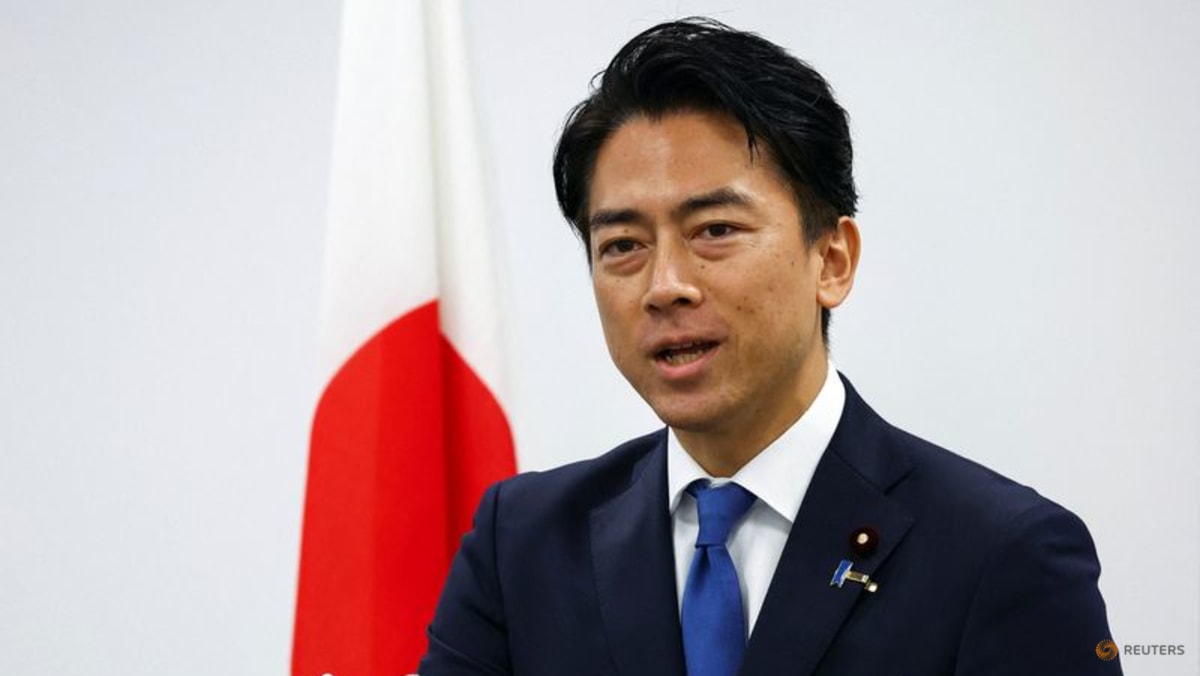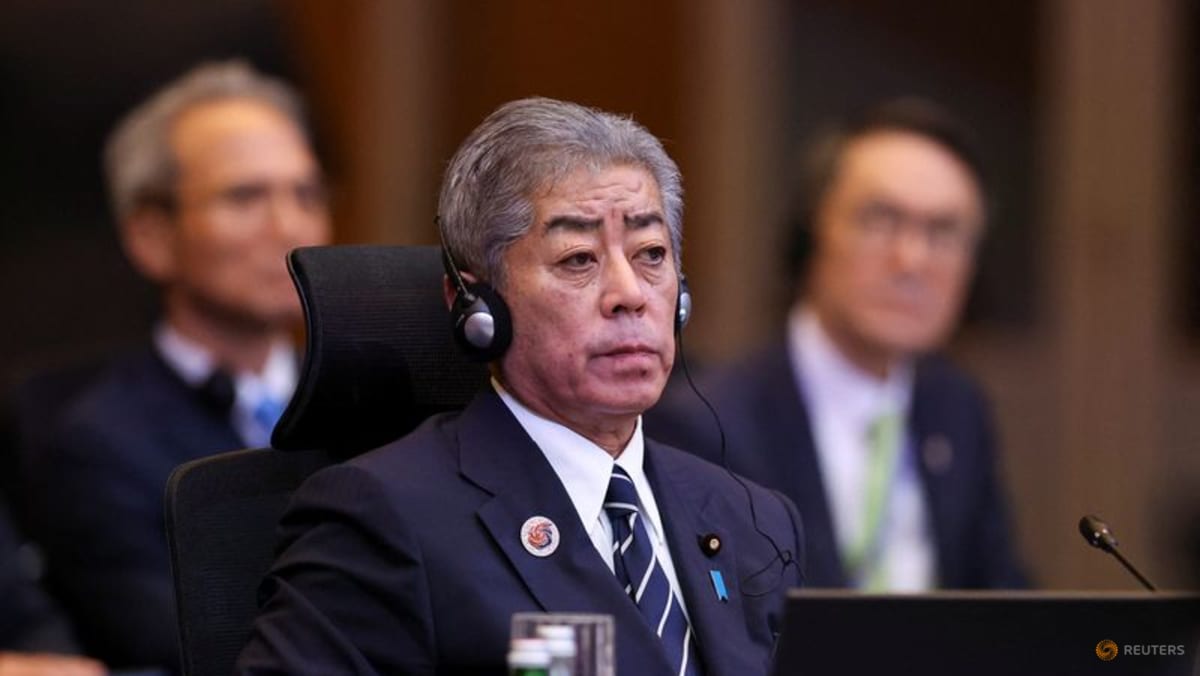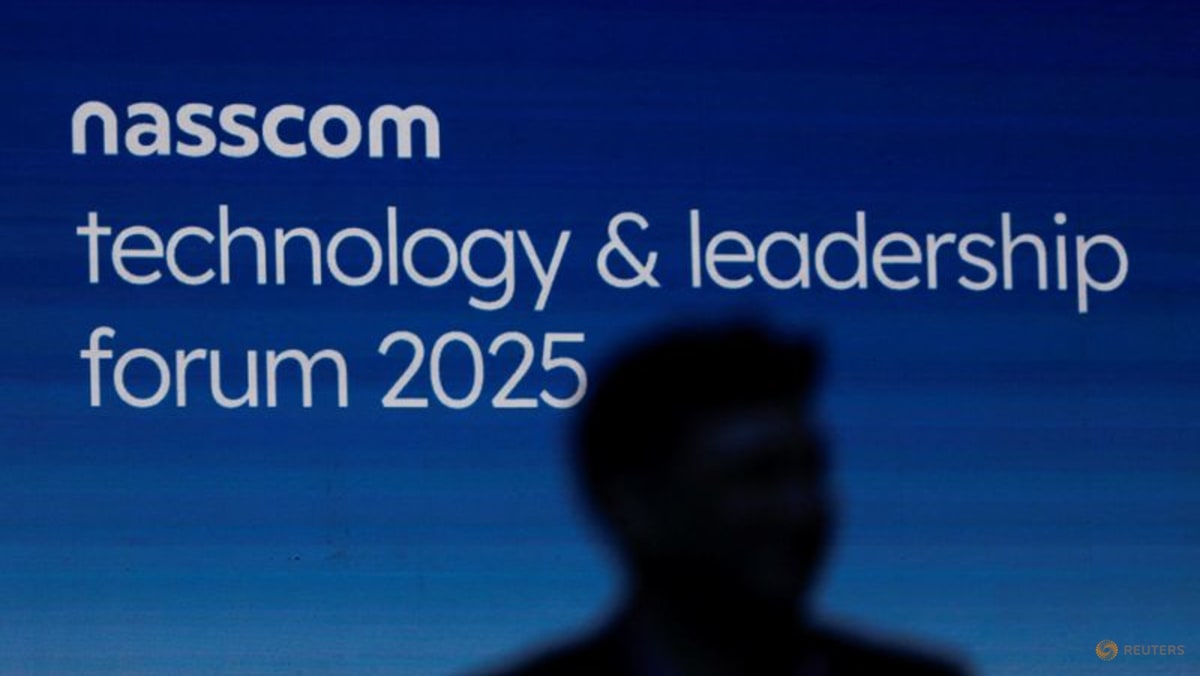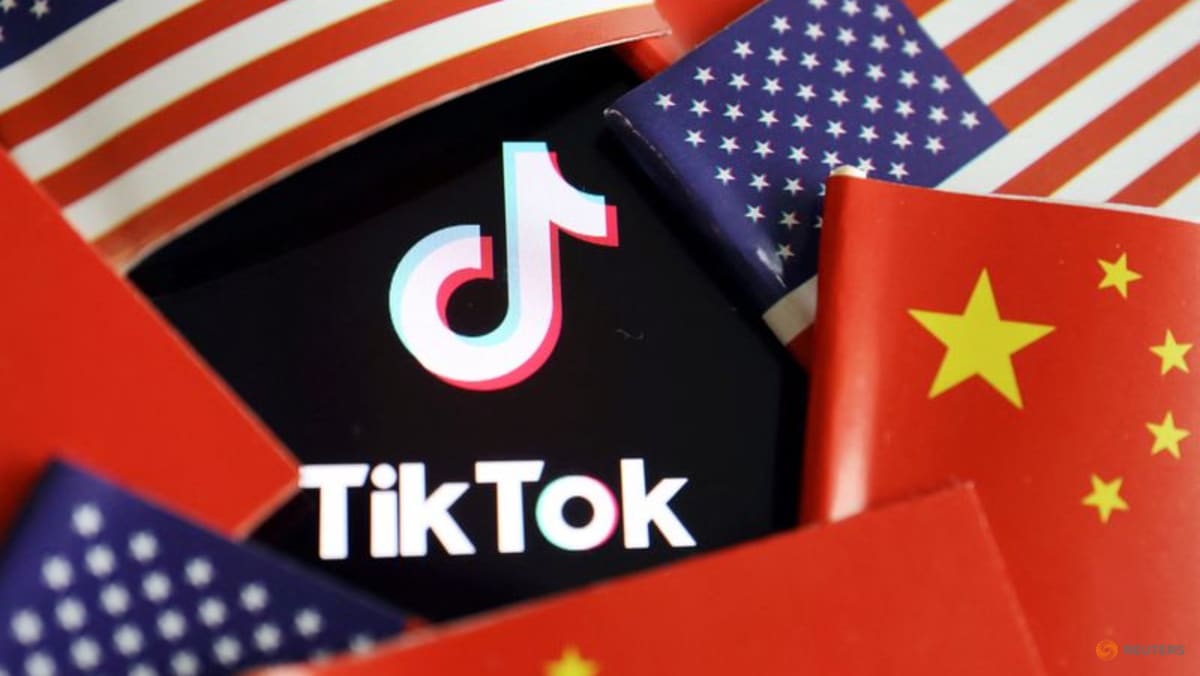Another way to keep medicines affordable is to simplify the distribution chain.
The same drug can be sold at starkly different prices at different pharmacies due to various reasons, noted Windhu of Airlangga University.
One pharmacy might sell some products cheaply because they are procured directly from the manufacturer. But other products may cost more because the pharmacy may have had to go through layers of distributors and intermediaries.
“Sometimes, a pharmacy will just inflate the price because they are the only ones in town and the nearest competitors are kilometres away,” Windhu added.
Each year, the government caps the price of certain generic drugs but experts said this is rarely enforced.
Putting a ceiling on how much medicines should cost will force the industry to simplify its distribution chain, Windhu said, as well as curb monopolistic and unethical practices.
“It is no secret that pharmaceutical companies like to provide junkets, lavish events, gifts and even kickbacks to get doctors to prescribe their products, and these costs are ultimately borne by the consumers,” he said.
“It’s time the government gets serious about putting a ceiling on how much drugs should be sold, so companies will think twice about these types of practices.”
WHEN IS THE MILITARY NEEDED?
Despite the outcry, experts acknowledged that the military has valuable assets that can be mobilised to strengthen Indonesia’s pharmaceutical industry.
With its vast logistical network, disciplined personnel and reach into the most remote corners of the archipelago, the Indonesian Armed Forces could help overcome one of the health sector’s most persistent challenges: distribution.
“The military is well equipped to handle distribution to all areas, even the most remote ones. That’s different from the private sector which just doesn’t have that kind of infrastructure,” Windhu said.
